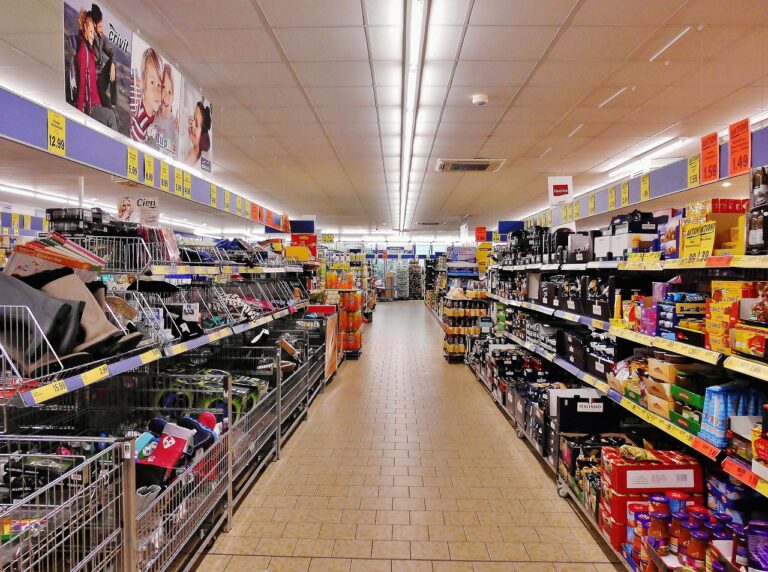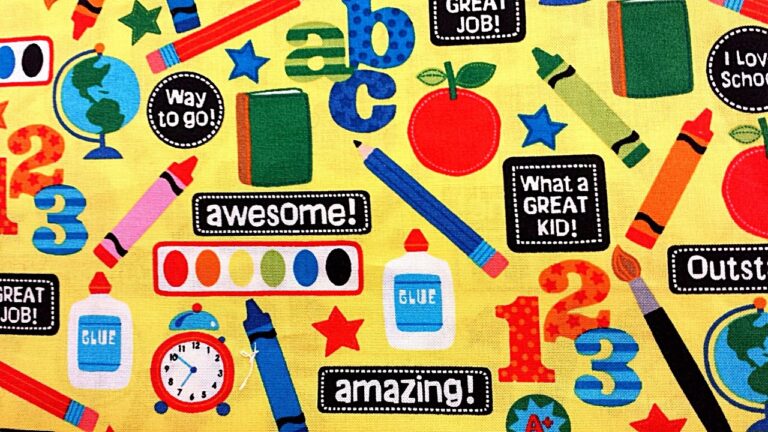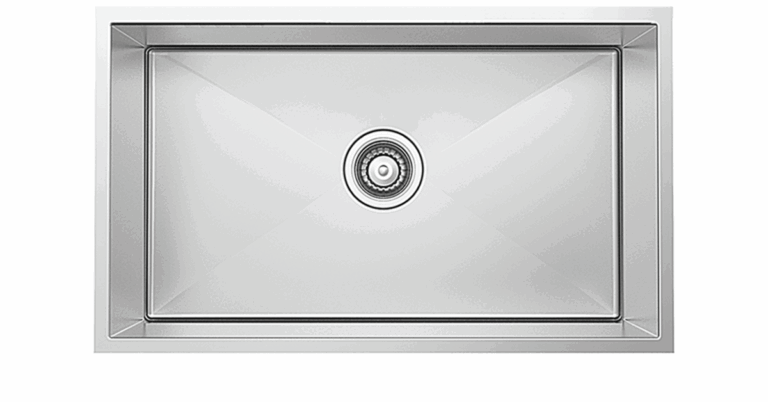The Psychology of Social Comparison: How It Affects Shopping Behavior
Social comparison is a natural human tendency to evaluate ourselves by comparing ourselves to others. This psychological phenomenon plays a significant role in shaping our behaviors and decisions, particularly when it comes to shopping. In this article, we will explore the psychology of social comparison and how it impacts our shopping behavior.
Understanding Social Comparison
Social comparison theory, proposed by psychologist Leon Festinger in 1954, posits that individuals determine their own social and personal worth based on how they stack up against others. Whether we realize it or not, we are constantly comparing ourselves to others in various aspects of our lives, including shopping.
The Influence of Social Media
In today’s digital age, social media platforms have amplified the effects of social comparison. With the rise of influencer culture and curated lifestyles on platforms like Instagram, consumers are bombarded with images of seemingly perfect lives and possessions. This constant exposure to idealized imagery can trigger feelings of inadequacy and drive individuals to engage in excessive consumption in an attempt to keep up with the perceived standards set by others.
Impact on Shopping Behavior
Research has shown that social comparison plays a significant role in influencing consumer behavior. When individuals compare themselves to others who possess desirable products or possessions, they may experience feelings of envy or a sense of inferiority. This can lead to a desire to acquire similar items in order to boost their self-esteem and social standing.
The Role of Marketing
Marketers are well aware of the power of social comparison in shaping consumer behavior. Through targeted advertising and product placement, companies are able to leverage consumers’ innate tendency to compare themselves to others in order to promote their products and create a sense of urgency to buy.
Strategies for Combatting Negative Effects
While social comparison can have negative implications for our mental health and financial well-being, there are ways to mitigate its effects. Developing a strong sense of self-awareness and self-acceptance can help individuals resist the pressures of comparison and make more intentional purchasing decisions.
Conclusion
In conclusion, the psychology of social comparison plays a significant role in influencing our shopping behavior. By understanding the underlying mechanisms at play and becoming more mindful of our tendencies to compare ourselves to others, we can make more informed choices as consumers and cultivate a healthier relationship with material possessions.
FAQs
What is social comparison?
Social comparison is a psychological phenomenon where individuals evaluate themselves by comparing themselves to others.
How does social comparison impact shopping behavior?
Social comparison can influence shopping behavior by triggering feelings of envy or inadequacy, leading individuals to make purchasing decisions based on comparisons with others.
What are some strategies for combatting the negative effects of social comparison?
Developing self-awareness, cultivating self-acceptance, and making intentional purchasing decisions can help mitigate the negative effects of social comparison.







